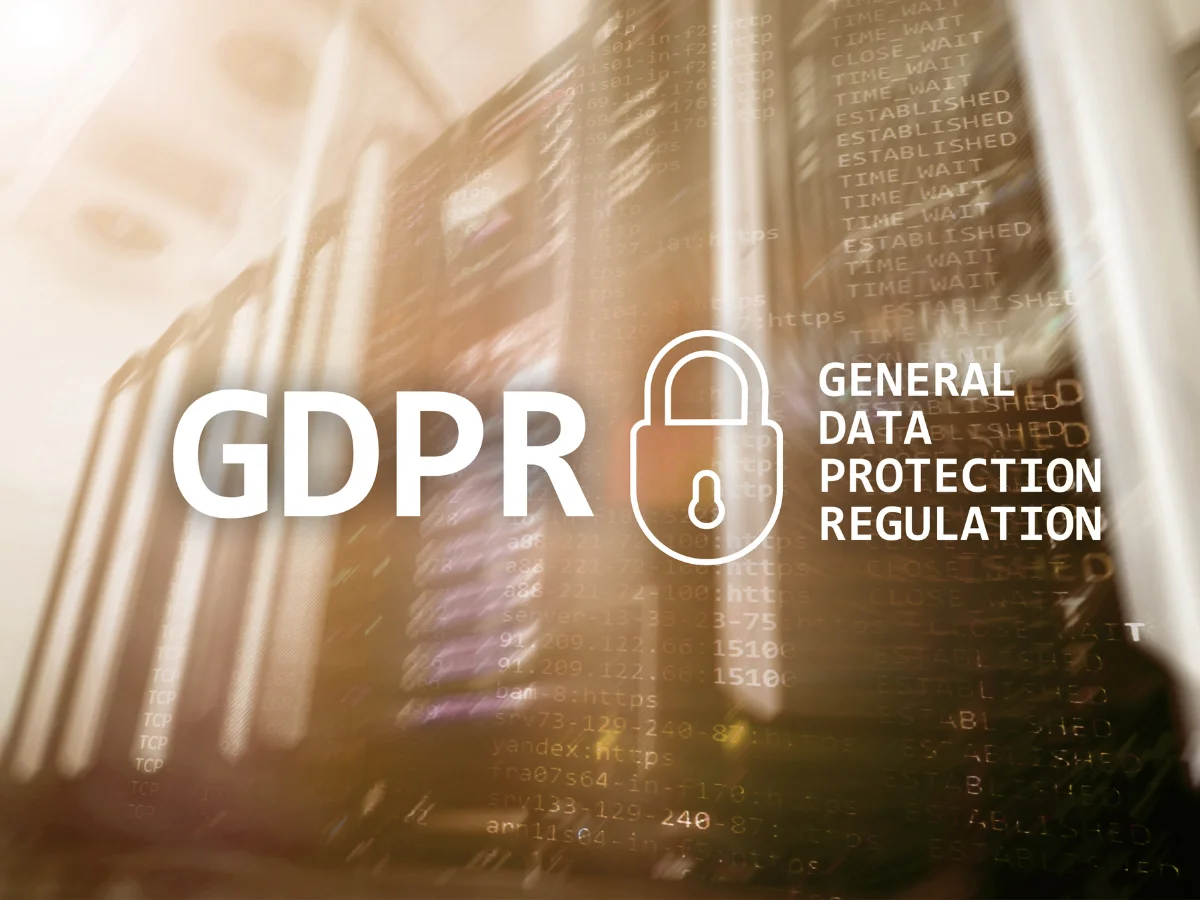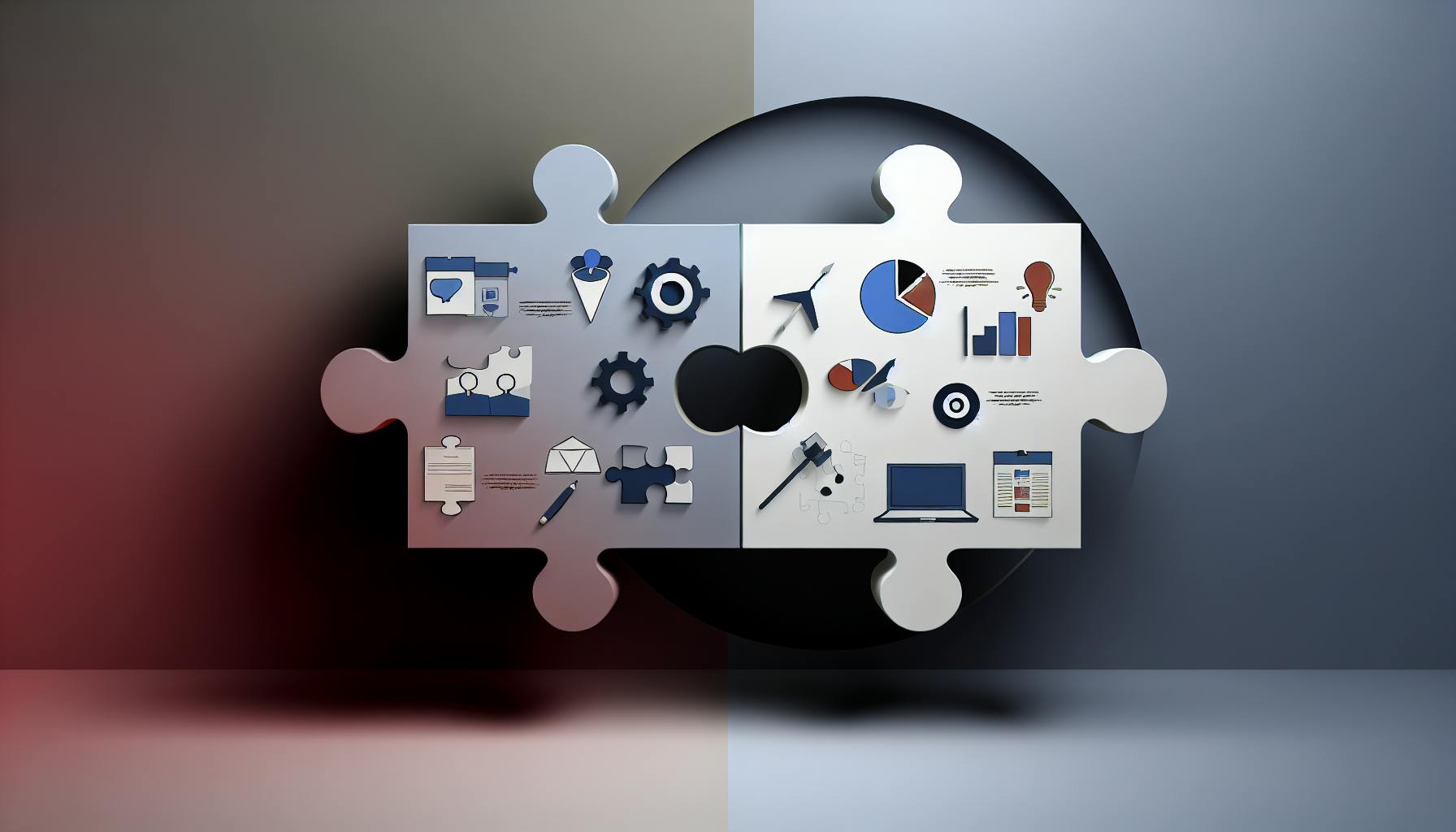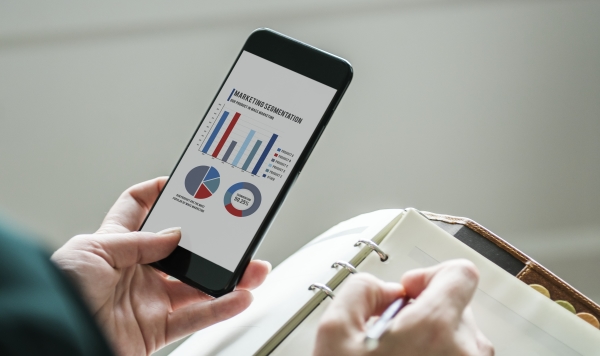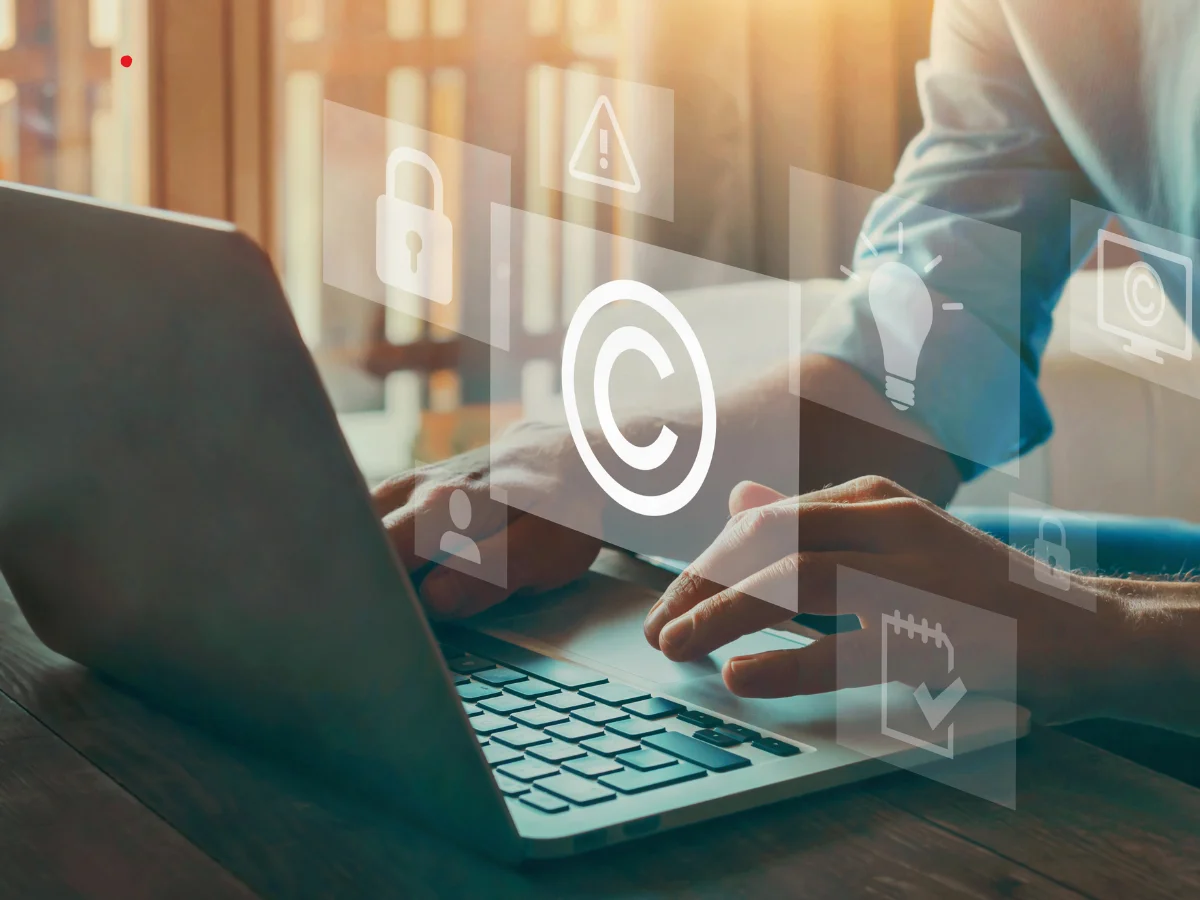In today’s digital era, data privacy has become a critical concern for businesses, especially those operating in the Software as a Service (SaaS) industry. With the increasing reliance on cloud-based solutions, ensuring the security and privacy of user data is a necessity. The mishandling of user data can lead to severe consequences, including financial penalties, reputational damage, and loss of customer trust.
The growing regulatory landscape, particularly the General Data Protection Regulation (GDPR) and the California Consumer Privacy Act (CCPA), has placed data privacy at the forefront of business operations. These regulations set the standard for how companies must handle personal data, providing users with more control over their information and imposing significant penalties for non-compliance.
Read more: The Importance of Data Privacy in SaaS
Understanding GDPR and CCPA
What is GDPR?
The General Data Protection Regulation (GDPR) is a comprehensive data protection law implemented by the European Union (EU) in May 2018. Its primary objective is to protect the personal data and privacy rights of individuals within the EU. According to a survey done by PwC, 92 percent of US companies consider GDPR a top data protection priority. Furthermore, 68 percent of US-based companies expect to spend $1 million to $10 million to meet the GDPR requirements.
Key Principles and Rights Under GDPR
- Consent: Companies must obtain clear and explicit consent from users before collecting their data.
- Data protection by design and default: Privacy should be embedded into systems and processes from the outset.
- Right to be Forgotten: Users have the right to request the deletion of their data under certain conditions.
- Data minimization: Only collect the data necessary for the specific purpose.
What is CCPA?
The California Consumer Privacy Act (CCPA) is a state-wide data privacy law that came into effect in January 2020. Its primary goal is to give California residents more control over their data. According to a study by TrustArc, 79% of companies consider CCPA compliance critical due to its impact on data handling and consumer trust.
Key Principles and Rights Under CCPA
- Transparency: Businesses must disclose what personal data they collect and how it is used.
- Right to opt-out: Consumers have the right to opt-out of the sale of their personal information.
- Right to delete: Consumers have the right to request the deletion of their personal information.
- Right to know: Consumers have the right to know what personal information is collected and shared.
Key Differences and Similarities Between GDPR and CCPA
Scope and Applicability
GDPR applies to any organization that processes the personal data of EU citizens, regardless of where the organization is based. CCPA, on the other hand, applies to businesses that operate in California and meet certain criteria, such as having annual gross revenues over $25 million. According to research by the International Association of Privacy Professionals (IAPP), GDPR has a broader scope in terms of geographical applicability compared to CCPA.
Definitions of Personal Data
GDPR defines personal data as any information relating to an identified or identifiable natural person. CCPA’s definition is broader, including any information that identifies, relates to, describes, or could be linked with a particular consumer or household.
Read more: Personal Data Definitions: Comparing GDPR vs CCPA vs CDPA vs CPA
User Rights and Consent
Under GDPR, consent must be freely given, specific, informed, and unambiguous. Users have various rights, including access, rectification, and erasure of their data. CCPA provides the right to opt-out of data sales and requires businesses to provide a “Do Not Sell My Personal Information” link on their websites.
Penalties for Non-Compliance
Non-compliance with GDPR can result in fines of up to €20 million or 4% of global annual turnover, whichever is higher. CCPA fines are less severe but can still be significant, with penalties of up to $7,500 per violation. Notable examples of GDPR fines include Google, which was fined €50 million for lack of transparency and valid consent. According to a study by DLA Piper, GDPR fines have surpassed €1 billion since its implementation, underscoring the regulation’s stringent enforcement.
Read more: 52 Biggest GDPR Fines and Penalties (2018 - 2024)
Steps to Ensure Compliance in Your SaaS
Conducting Data Audits
Regular data audits are essential for identifying and assessing the personal data your SaaS processes. A data audit involves reviewing the types of data collected, how it’s stored, and who has access to it. This helps ensure that your data handling practices comply with GDPR and CCPA requirements. For more detailed guidance on conducting data quality audits, read this article by Monte Carlo Data.
Implementing Privacy Policies
A clear and transparent privacy policy is crucial for building trust with your users. Your privacy policy should outline how you collect, use, share, and protect personal data. It should be easily accessible and written in plain language. A study by the International Association of Privacy Professionals shows that 64% of consumers say companies that provide clear information about their privacy policies enhance their trust.
Data Minimization and Purpose Limitation
Data minimization means collecting only the data necessary for the intended purpose, while purpose limitation involves using the data solely for the specified purposes. Implementing these principles helps reduce the risk of data breaches and ensures compliance.
Securing User Consent
Use clear and explicit consent forms, and provide users with easy ways to withdraw consent. Tools like consent management platforms can help automate and document this process.
Integrating GDPR and CCPA into Your SaaS Development
Privacy by Design
Privacy by Design (PbD) is an approach where privacy is considered throughout the development process. This means integrating data protection measures from the outset, rather than as an afterthought.
Employee Training and Awareness
Employee training is essential for ensuring that everyone in your organization understands the importance of data privacy and how to comply with regulations. Conduct regular training sessions to reinforce privacy best practices. ENISA (2019) indicated that about 77% of the companies’ data breaches are due to exploitation of human weaknesses.
Using Technology for Compliance
There are various tools and technologies available to help maintain compliance with GDPR and CCPA. These include data protection software, consent management tools, and privacy impact assessment tools.
Real-World Examples and Case Studies
Success Stories
Several SaaS companies have successfully implemented GDPR and CCPA compliance measures. For example, Microsoft has been praised for its comprehensive approach to data privacy, integrating robust security measures and transparent policies across its services. According to a study by Forrester, Microsoft’s compliance efforts have led to a 15% increase in customer satisfaction.
Lessons from Failures
On the flip side, there are cautionary tales of companies that failed to comply with GDPR and CCPA, resulting in hefty fines and reputational damage. For instance, British Airways was fined £20 million for inadequate security measures that led to a data breach. According to a study by Capgemini, companies that fail to achieve GDPR compliance are losing significant opportunities. Of those that have achieved compliance, 92% reported gaining a competitive advantage—an increase from 28% the previous year. Additionally, compliance positively impacted customer trust (84%), brand image (81%), and employee morale (79%).








